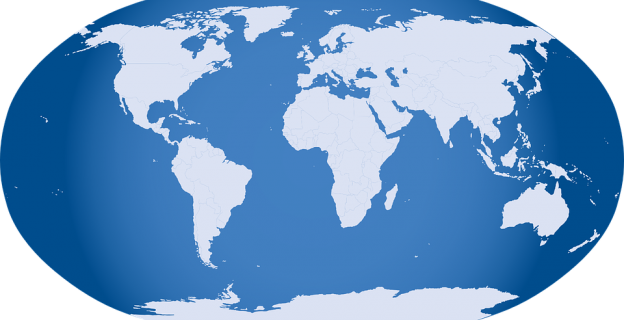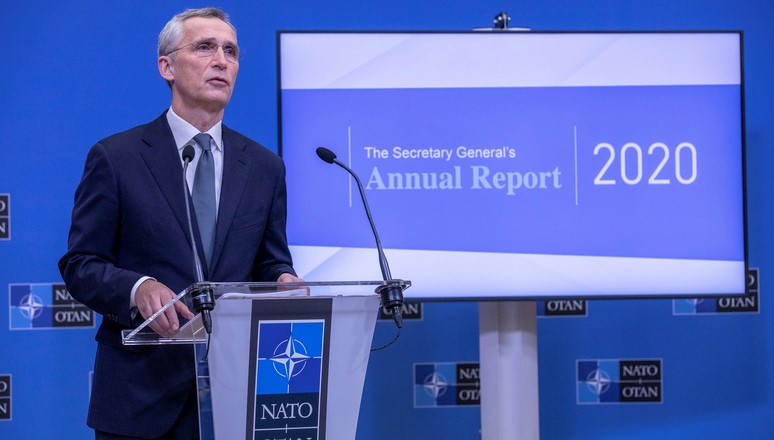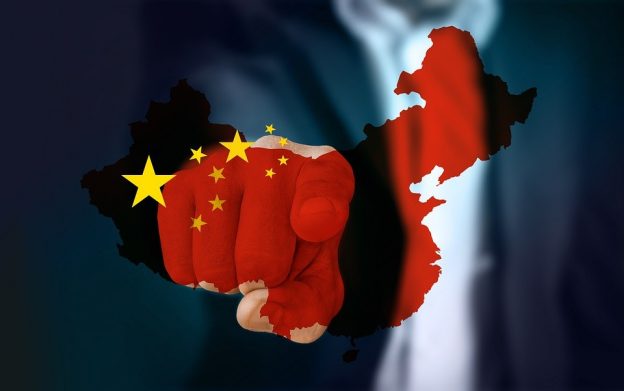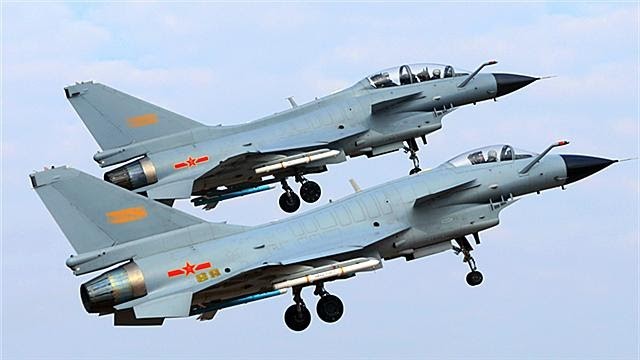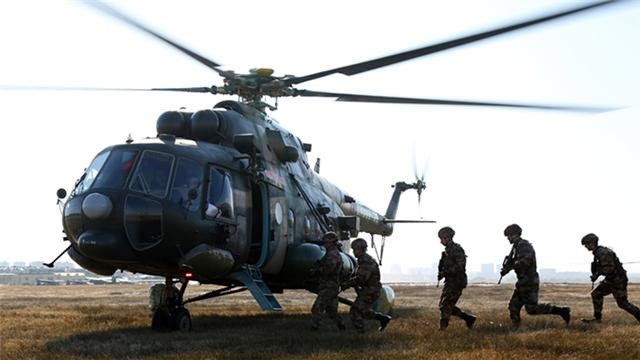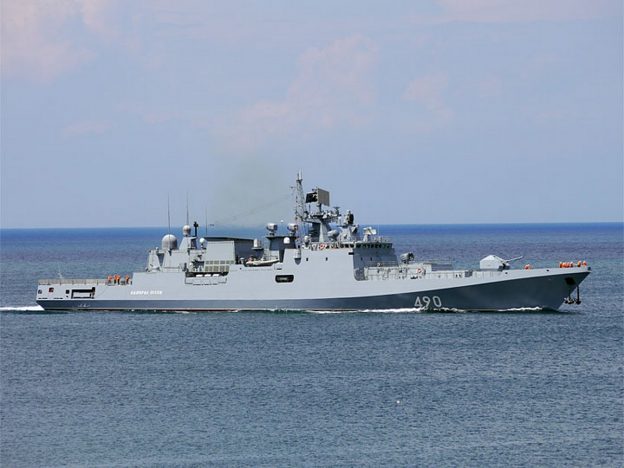MYANMAR (BURMA)
On February 1, 2021, the United States declared the overthrow of the democratically elected civilian government in Myanmar to be a coup. When asked by an American journalist at the March 4 State Department press briefing why the Biden Administration’s actions do not appear to be making a difference in the situation, the Spokesman, Ned Price, said President Biden has “asked the Chinese to help” but “…it’s not up to us to dictate what any other country does.” It appears the United States will be using the Biden Administration’s foreign policy strategy of leading from behind.
Security forces killed as many as 24 people on March 3rd in what appears to be the latest in a series of relatively peaceful protests by tens of thousands of Burmese citizens. Price condemned the killings and the use of violence against Burmese society. He pointed out that the State Department is aware of reports that the military has charged additional journalists with crimes and unjustly detained others. “We call on the military to immediately release these individuals and to cease their intimidation and harassment of the media and others who are unjustly detained for doing nothing more than their job, for doing nothing more than exercising their universal rights,” said Price. He claimed the US has taken a number of actions against the military junta, military leaders and military entities responsible for the coup and for related violence, including visa restrictions and asset blocking sanctions although none that appear to have had an impact on freedom of the press or repression in Myanmar.
IRAN
Asked if the US regrets the withdrawal of the European resolution to censor Iran over its in Vienna, or if Washington sees it as a good way to allow diplomacy to happen, State Department Spokesman Price said “…IAEA Director Grossi offered a proposal for Iran to address unanswered concerns regarding its nuclear program. The E3 decided, with the full support of the United States, that the best way to support the IAEA’s process was to refrain from putting forward the draft resolution at the meeting of the Board of government – Governors.” Price said the US wants to engage in “constructive dialogue” with Iran. Price says that diplomacy is the best recourse. He did not say why this would cause Iran would agree to give up its nuclear weapons program.
CHINA
Throughout the tenure of the Trump Administration the State Department called China the greatest threat to the national security of the United States. Upon entering office, the Biden Department removed that designation from the State Department’s web site. At a press briefing this week the Department spokesman responded to a journalist’s question on China not by labeling the country a threat to the US but a “competitor.” Price said that “…across the globe, we recognize this competitive relationship with China. Our strategy is one that seeks to compete and to outcompete with the Chinese across the board.” Responding to the same question Price went on to call Russia a “threat” to the US. It appears the Biden Administration is resetting US foreign relations with China and downgrading the security challenge it poses in the process.
AFGHANISTAN
Secretary of State Antony Blinken said in a PBS Newshour interview this week that the US has not “…made any decisions about the May 1st deadline to withdraw the remaining roughly 2,500 troops that are in Afghanistan.” He pointed out that Washington is in close consultation with the US’ NATO allies and other countries in the region. The State Department, he said, is evaluating what further progress can be made on the agreements that the US reached with the Taliban under the Trump Administration. On March 3, the White House made public what it is calling an Interim National Security Strategic Guidance document, which says among other things, that “The United States should not, and will not, engage in ‘forever wars’ that have cost thousands of lives and trillions of dollars.
DARIA NOVAK served in the United States State Department during the Reagan Administration, and currently is on the Board of the American Analysis of News and Media Inc., which publishes usagovpolicy.com and the New York Analysis of Policy and Government. Each Saturday, she presents key updates on U.S. foreign policy from the State Department.
Illustration: Pixabay
